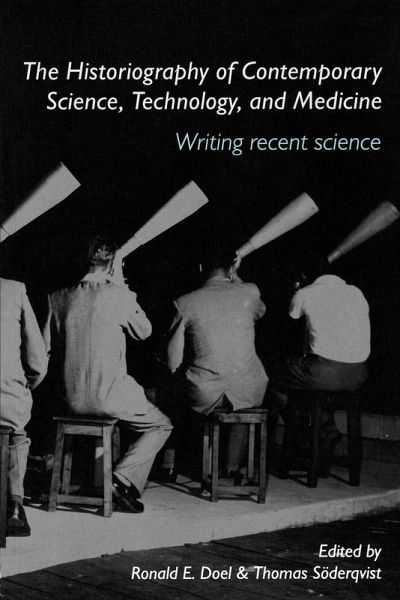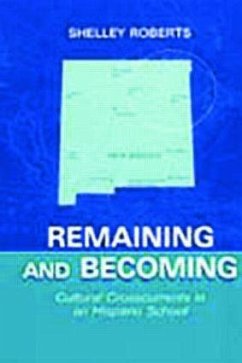
The Historiography of Contemporary Science, Technology, and Medicine
Writing Recent Science
Versandkostenfrei!
Versandfertig in 6-10 Tagen
56,99 €
inkl. MwSt.
Weitere Ausgaben:

PAYBACK Punkte
28 °P sammeln!
As historians of science increasingly turn to work on recent (post 1945) science, the historiographical and methodological problems associated with the history of contemporary science are debated with growing frequency and urgency.Bringing together authorities on the history, historiography and methodology of recent and contemporary science, this book reviews the problems facing historians of technology, contemporary science and medicine, and explores new ways forward.With contributions from key researchers in the field, the text covers topics that will be of ever increasing interest to histor...
As historians of science increasingly turn to work on recent (post 1945) science, the historiographical and methodological problems associated with the history of contemporary science are debated with growing frequency and urgency.
Bringing together authorities on the history, historiography and methodology of recent and contemporary science, this book reviews the problems facing historians of technology, contemporary science and medicine, and explores new ways forward.
With contributions from key researchers in the field, the text covers topics that will be of ever increasing interest to historians of post-war science, including the difficulties of accessing and using secret archival material, the interactions between archivists, historians and scientists, and the politics of evidence and historical accounts.
Bringing together authorities on the history, historiography and methodology of recent and contemporary science, this book reviews the problems facing historians of technology, contemporary science and medicine, and explores new ways forward.
With contributions from key researchers in the field, the text covers topics that will be of ever increasing interest to historians of post-war science, including the difficulties of accessing and using secret archival material, the interactions between archivists, historians and scientists, and the politics of evidence and historical accounts.














